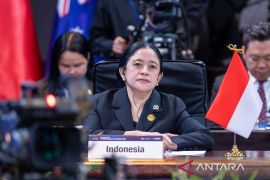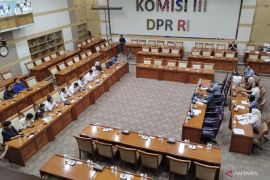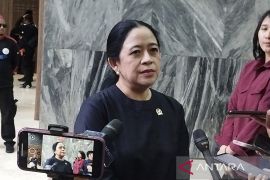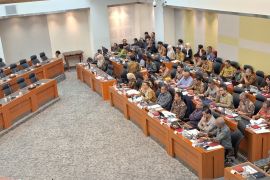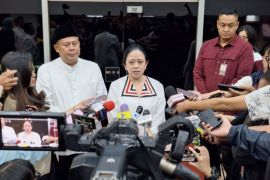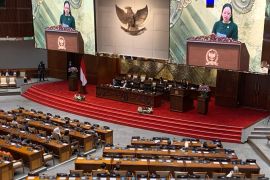At a meeting with the House of Representatives' Commission here on Thursday, IAKMI Head Dedi Supratman stated that the Food and Drugs Control Agency (BPOM) can monitor the formal and informal food industries, albeit its reach on the latter is more limited.
He opined that people should be given a bigger role in monitoring food contents, so they will become more familiar with those aspects and thus harbor no concerns about consuming products.
Supratman cited as an example that people nowadays can easily obtain foods from anywhere through online transportation services but are in the dark about their nutritional contents.
He believes that by allowing the public to participate in the monitoring process, food accreditation institutions will be more likely to follow suit in issuing certifications for the products indicating their compliance with the limits on sugar, salt, and fat contents.
In a bid to address the issue further, Supratman underscored the need for a healthier mindset that encourages more promotive and preventive measures to be taken. To this end, as part of the intervention measures, Indonesia can form a health promotion board, akin to those in other countries.
Professor from the University of Indonesia's Public Health Faculty, Wahyu Sulistiadi, stated that the second issue in imposing the food content regulation is the lack of public awareness or knowledge.
"Consuming food with (high levels of) sugar, salt, and fat contents indicates the lack of awareness. A (better) behavior must be encouraged by educating about healthy foods," Sulistiadi stated.
He opined that changing public behavior is not an easy and fast task, so consistent efforts were deemed necessary.
Thus, the IAKMI put forth recommendations: updating or establishing a regulation on the formation of a health promotion board, re-formulating products so the industry will prioritize safety over and above the products' flavors, as well as increasing public involvement in monitoring food and beverage products, he elaborated.
He also drew attention to harmonizing policies among ministries and institutions to ensure effective enforcement of the limits on sugar, salt, and fat contents.
Related news: Ministry pushes domestic food industry to reduce salt, fat content
Related news: Ministry asks small, medium industries to diversify food products
Related news: Ministry to provide incentives to restructure FnB industry machines
Reporter: Mecca Yumna Ning Prisie
Editor: Azis Kurmala
Copyright © ANTARA 2024


